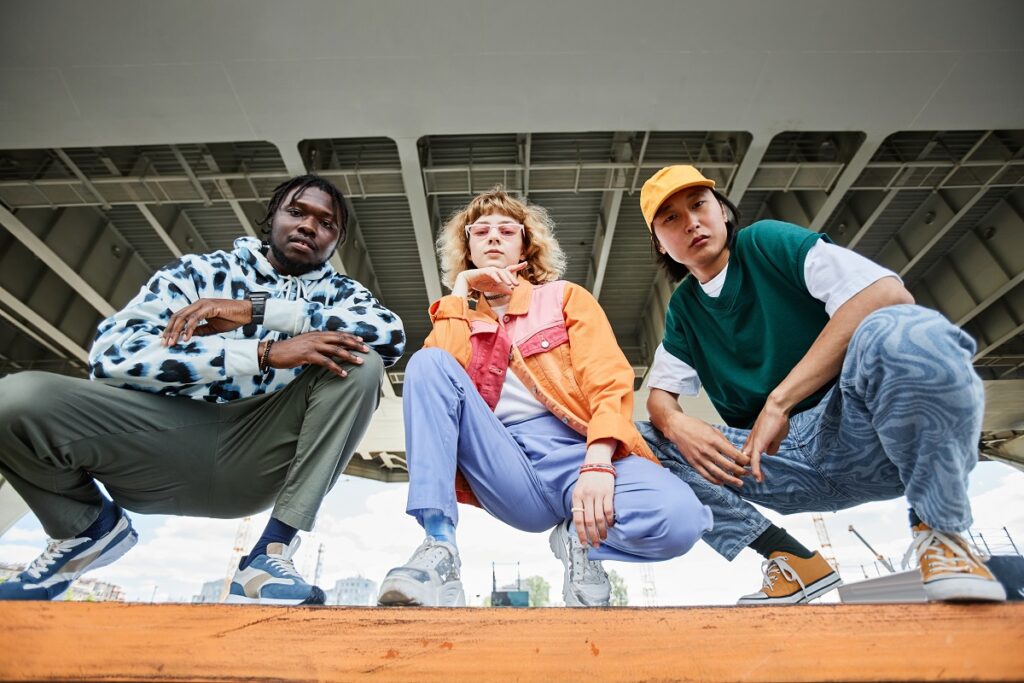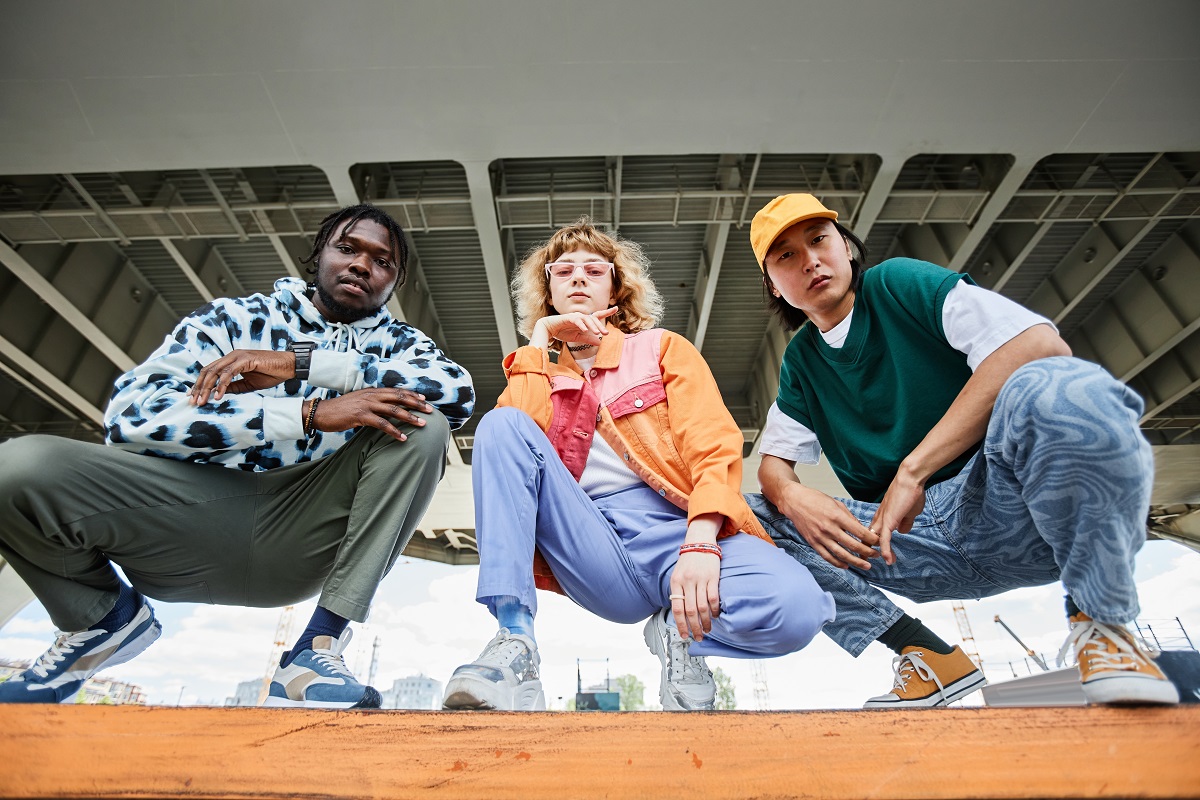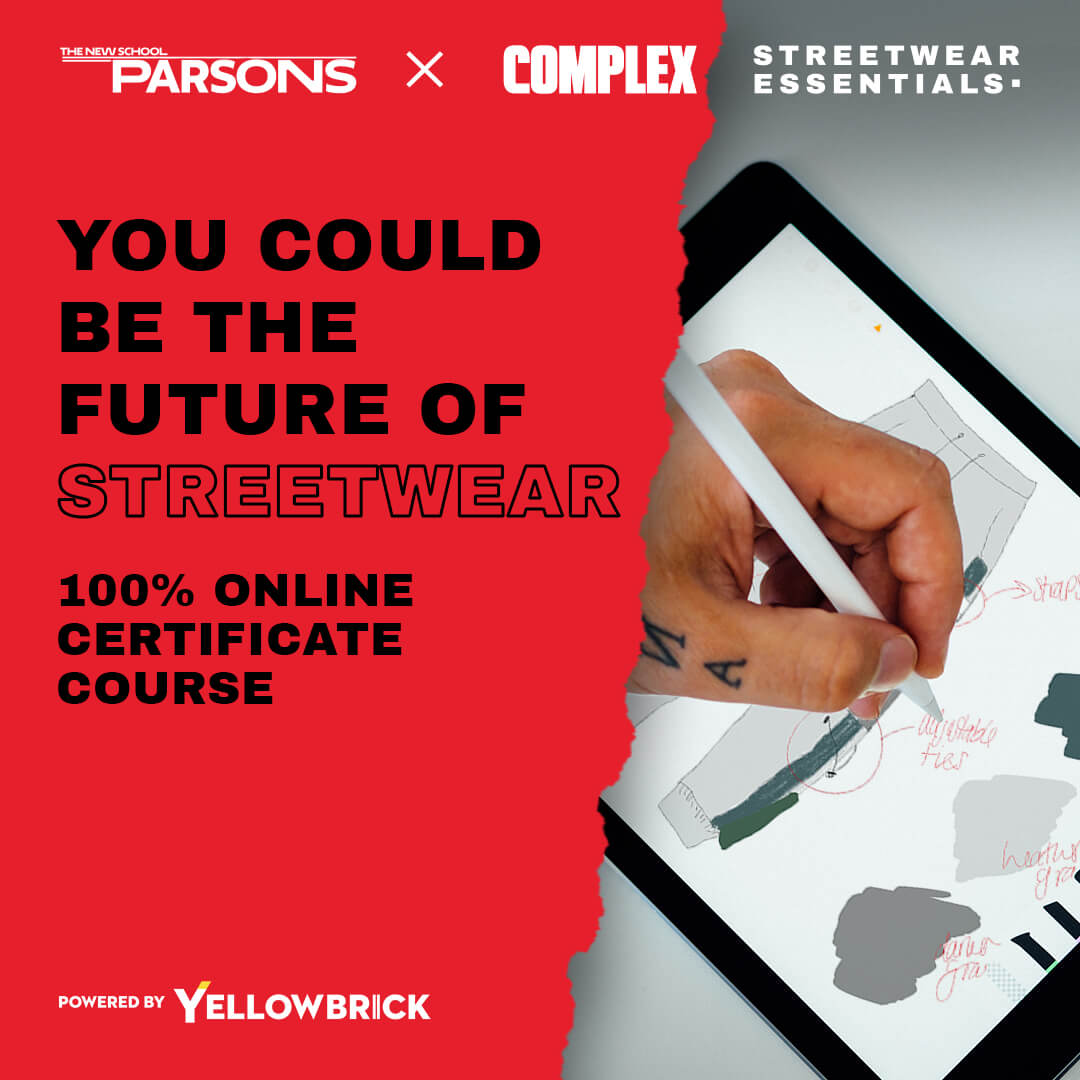Urban clothing design has become a prominent and sought-after niche in the fashion industry. The fusion of street style with high fashion has given rise to a unique genre that resonates with urban youth culture around the world. Designing urban clothing requires a keen understanding of trends, creativity, and a deep connection to the urban lifestyle.
Fashion Designer
Fashion designers play a pivotal role in the urban clothing design industry. They are responsible for conceptualizing and creating innovative designs that resonate with the urban demographic.
Fashion designers need to stay ahead of trends, experiment with fabrics and silhouettes, and create collections that capture the essence of urban culture.
Streetwear Designer
Streetwear designers specialize in creating casual, comfortable, and stylish clothing that reflects the urban lifestyle. From graphic tees and hoodies to sneakers and accessories, streetwear designers infuse their designs with elements of hip-hop, skateboarding, and graffiti culture.
Collaborations with artists and musicians are common in the streetwear industry, adding a unique touch to their creations.
Trend Forecaster
Trend forecasters are instrumental in the urban clothing design process. They analyze consumer behavior, market trends, and cultural influences to predict the next big trends in fashion.
Trend forecasters help designers stay ahead of the curve by providing valuable insights into upcoming styles, colors, and fabrics that will resonate with urban consumers.
Fashion Illustrator
Fashion illustrators bring designs to life through sketches and drawings. They work closely with designers to visualize concepts, create mood boards, and develop detailed technical drawings for production. Fashion illustrators need a keen eye for detail, a strong sense of style, and the ability to translate ideas into visually appealing designs.
Patternmaker
Patternmakers are essential in the urban clothing design process as they are responsible for creating the blueprints that bring designs to fruition. They translate designer sketches into patterns that serve as templates for cutting and sewing fabrics. Precision, attention to detail, and technical expertise are crucial skills for patternmakers in the fashion industry.
Apparel Production Manager
Apparel production managers oversee the manufacturing process from design concept to final product. They work closely with designers, patternmakers, and manufacturers to ensure that production runs smoothly and efficiently. Apparel production managers need strong organizational skills, a deep understanding of garment construction, and the ability to meet tight deadlines.
Fashion Buyer
Fashion buyers play a crucial role in the urban clothing design industry by selecting merchandise for retail stores and online platforms. They analyze sales data, track trends, and attend fashion shows to curate collections that appeal to their target audience. Fashion buyers need a keen sense of style, negotiation skills, and a deep understanding of consumer preferences.
Textile Designer
Textile designers are responsible for creating prints, patterns, and fabrics used in urban clothing design. They experiment with colors, textures, and techniques to develop unique textiles that complement designer collections. Textile designers collaborate with fashion designers to ensure that fabrics align with the overall aesthetic and theme of the collection.
Fashion Stylist
Fashion stylists work with designers, photographers, and models to create compelling visual narratives for fashion shoots, editorials, and runway shows. They select clothing, accessories, and props to bring a designer’s vision to life and create cohesive looks that resonate with the target audience. Fashion stylists need a keen eye for detail, creativity, and excellent communication skills.
Brand Manager
Brand managers are responsible for developing and maintaining the identity of a fashion brand in the market. They oversee marketing campaigns, brand collaborations, and promotional activities to enhance brand visibility and consumer engagement.
Brand managers need a deep understanding of brand strategy, market trends, and consumer behavior to position the brand effectively in the competitive urban clothing design landscape.
Conclusion
In the dynamic and fast-paced world of urban clothing design, these top 10 jobs offer diverse opportunities for creative individuals passionate about fashion. Whether you aspire to be a fashion designer, trend forecaster, or brand manager, pursuing a career in urban clothing design requires dedication, creativity, and a deep understanding of the urban lifestyle.
Key Takeaways:
- Urban clothing design is a thriving niche in the fashion industry that combines street style with high fashion to resonate with urban youth culture worldwide.
- The top 10 jobs in urban clothing design include roles like fashion designer, streetwear designer, trend forecaster, fashion illustrator, patternmaker, apparel production manager, fashion buyer, textile designer, fashion stylist, and brand manager.
- Pursuing a career in urban clothing design demands creativity, trend awareness, and a deep connection to urban lifestyle.
- To deepen your knowledge and skills in urban clothing design, consider enrolling in the Parsons Streetwear Essentials online course and certificate program offered by Yellowbrick.
Immerse yourself in the dynamic world of urban clothing design, where creativity meets culture and style knows no bounds. Explore the endless possibilities, ignite your passion, and take your first step towards a rewarding career in urban fashion by enrolling in the Parsons Streetwear Essentials online course and certificate program.



